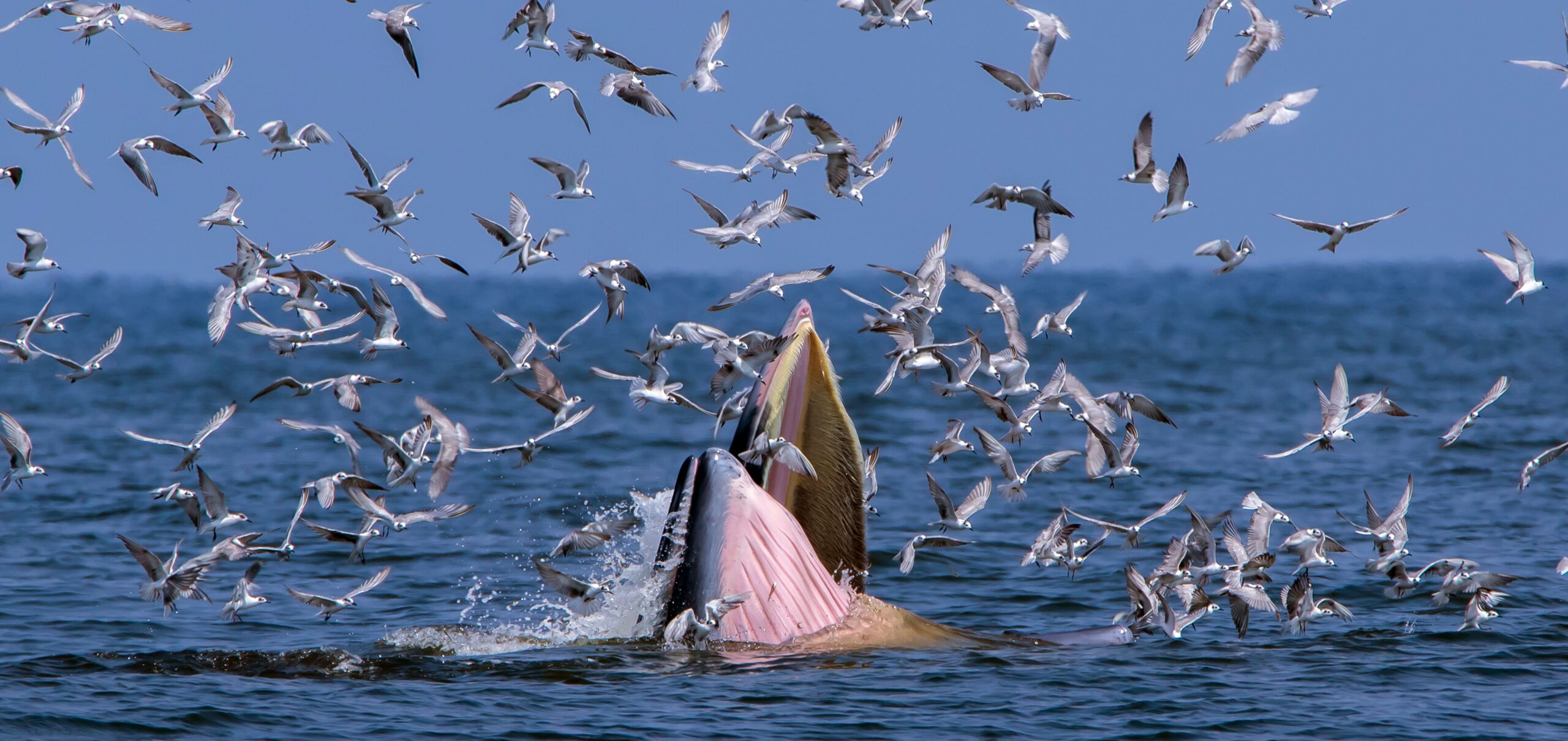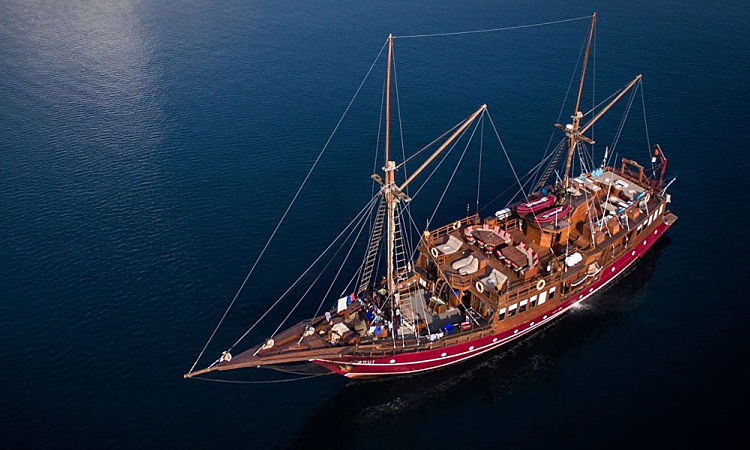
To help you plan your trip, we’ve prepared a list of basic information you’ll want to know before you book. Once your trip has been reserved, you’ll receive pre-departure information with all the details you need for your adventure.
Thailand itineraries: Your departure will be from Phuket or Khao Lak, located north of Phuket. It’s possible to get a direct international flight from Dubai and a few other locations to Phuket International Airport but most travellers book to Bangkok (BKK) and take a connecting flight to Phuket. If you’re leaving from Khao Lak, ground transportation will be arranged.
Burma (Myanmar) itineraries: Your departure will be from the port of Ranong, north of Phukhet. There are daily flights from Bangkok’s Don Mueang Airport (DMK) to Ranong (RNG). You’ll either book your flight to DMK with a connecting domestic flight to Ranong …. or book a flight to Bangkok International (BKK) and take ground transport to DMK for your flight to Ranong.
Your passport must be valid for at least 6 months beyond your period of stay. It is your responsibility to ensure that you have adequate funds to scover your stay, plus a return airline ticket and the proper visa to travel into each country on your itinerary (which MAY include transit countries). Please check with the appropriate consulate to ensure proper passport and visa requirements are met.
Your Myanmar itinerary leaves from a Thai port. If your passport requires a visa application in advance be sure to apply for a multiple entry visa. Without that, you cannot return to Thailand from Burma. On re-entry from Burma, you will have a 15-day visa for Thailand. Your Burma visa will be organized on the boat, so you have nothing to do for that in advance. You will need 2 passport photos and 2 copies of the ID page from your passport..
We recommend that all travellers arrive at least one day in advance of your liveaboard departure. This gives you time to catch up on sleep to be fresh for your cruise. It also allows your luggage to catch up … in case it has been delayed somewhere along the way. Should you wish to extend your stay in Thailand, we’ll be pleased to help you with your plans.
Thailand has 3 distinct seasons: from March through May, it’s summer; June to September it’s rainy (but still with sunshine); while October through February is the “cool” season. Temperatures range from 25°C to 30°C (77°F to 86°F). Liveaboard itineraries are planned to benefit from the best weather in each region.
Average water temperatures range from 26 – 29C / 79 – 84F. A 3 mm wetsuit is adequate for most divers.
Diving on the open-water side of the Similan and Surin Islands can be challenging. Your dive guides will help you decide which dives are right for you based on your level of experience.
Generally speaking, a PADI Open Water certificate and a minimum of 10 dives is the requirement.
Thailand is a year-round destination given the fact that the liveaboards are now allowed into Burmese waters. The itineraries are determined by prevailing weather patterns to ensure the best experience fo divers..
Most divers bring their own gear but rental gear is available if requested in advance.
You want the following gear: wetsuit, mask, fins, snorkel, regulator with visible pressure gauge, a mandatory dive computer, buoyancy compensator, depth gauge, dive gloves, weight belt (without weights), dive light, dive watch, safety sausage & dive alert (optional Nautilus Lifeline). We suggest you put all or most of the above items in a carry-on bag.
The liveaboards all have well-stocked first aid kits and oxygen. We’d advise you to bring medication to conteract sea sickness if you tend to be sensitive to boat motion. The nearest Decompression Chamber is at Phuket International Hospital in Phuket Town.
Current studies show that you should wait at least 24 hours after multiple days with repetitive diving before flying. Please keep this in mind before you book your onward international or domestic flights.
The local currency is the Thai Baht.
There is a park fee of $95 USD (for a 7-night itinerary) to be paid onboard and a 7% VAT tax for all onboard purchases and the park fee (subject to change based on government regulation).
Dive accident insurance is mandatory on the liveaboards.
Travel insurance: We strongly advise our guests to obtain comprehensive travel insurance to cover against unforeseeable events including personal & business impediments, illness, travel delays and missed flight connections. We can recommend excellent and inexpensive insurance options which will cover virtually every scenario.
Please don’t allow yourself to be one of the unfortunate travelers who are without coverage for unexpected circumstances. Insurance is a small slice of the pie in terms of overall travel costs and can save you from serious financial losses.
Diving insurance: Do not confuse regular travel medical and/or travel insurance with diving-specific insurance such as DAN (Divers Alert Network) or Dive Assure. This type of insurance will cover all of your scuba diving and snorkeling activities, including the costs for recompression chamber treatment and emergency air evacuation. These are not covered by the average travel insurance.
We tend to recommend Dive Assure because they can set you up with a travel insurance plan which includes general travel insurance, including trip cancellation …. plus full dive coverage. Click here or on the button in the side panel to access Dive Assure directly.
Our tailor made Liveaboard Finder. It’s the easiest way to see the best offers, check availability in different destinations and get diving quickly!

Our biggest strength is our direct contact with diving enthusiasts. Anything unclear? Get in touch:
Our call us directly on:
Our team takes calls in 🇬🇧 🇩🇪 🇳🇱 🇫🇷 🇵🇹 🇸🇰
Subscribe to our Newsletter to stay tuned:
Stay adventurous, follow us!